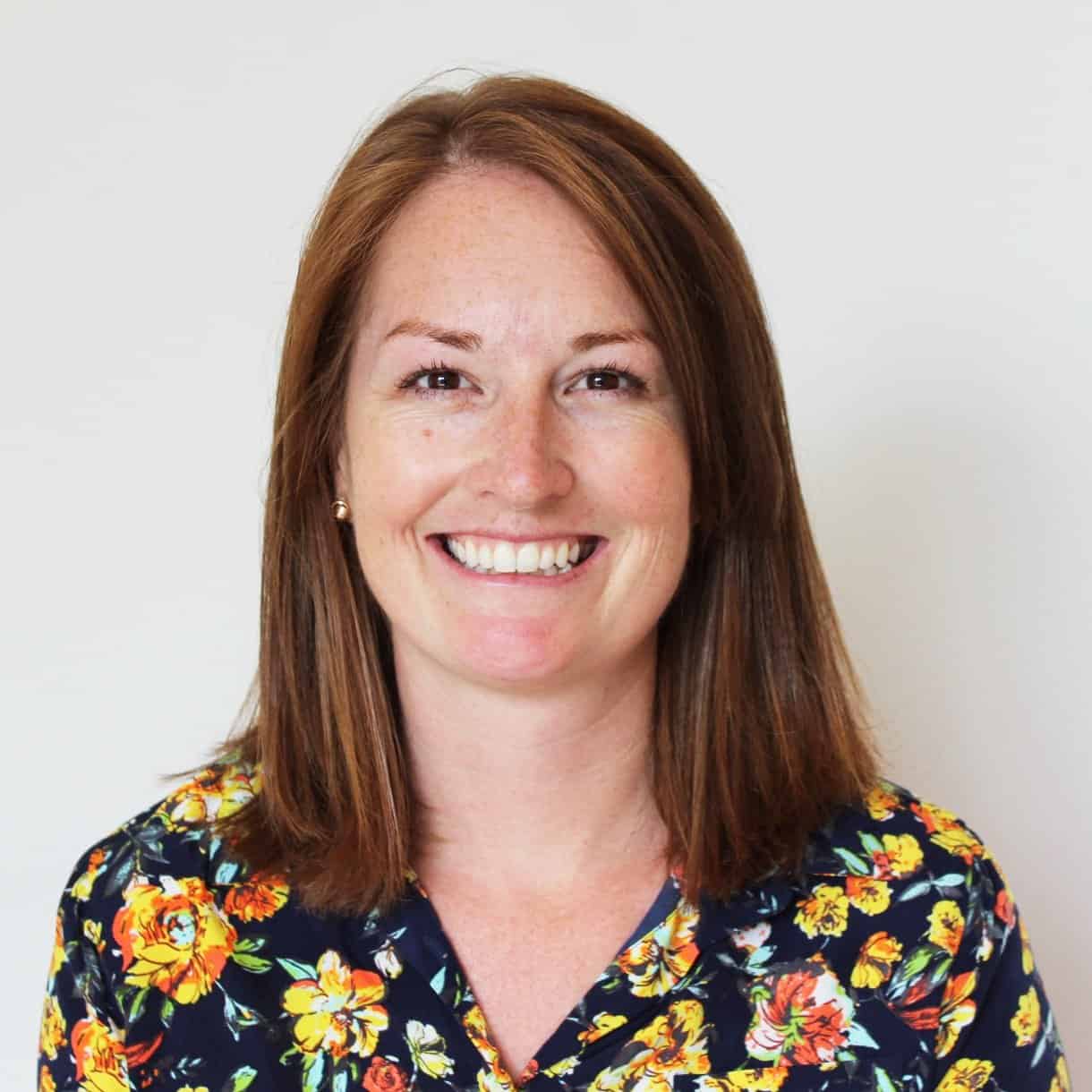
Rebecca Boehm
Field: Food and Nutrition Economics
Position & Organization: Economist, Union of Concerned Scientists
How did you get started in this field? Early in my career in Boston I worked to increase access to healthy foods and raise awareness for local food systems. In this work, I learned a great deal about food access disparities and the food justice movement. During my time in Boston I also worked as an assistant pastry chef and operations manager at a small, independently run bakery. It was there that I learned how food businesses function and some of the challenges they face.
During graduate school at the Tufts University Friedman School of Nutrition Science and Policy I learned a great deal about how economics and government policy shape our food system. I really found my niche in conducting applied economic research on a variety of food and agricultural issues while earning my doctorate at Tufts.
What do you like about your work? So much! I get to work with the inspiring people who make up the Union of Concerned Scientists, all of whom are incredibly thoughtful, hardworking, and passionate. I also greatly enjoy applying my research and evaluation skills to key policy issues of the day.
What do you not like about your work? Change can be slow! We don’t have a lot of time to solve some major issues, such as climate change, affecting the food and agricultural sectors. So I do get frustrated about how slow things change.
Do you have any advice for women who want to enter this field? Surround yourself with mentors and peers with whom you can share resources, troubleshoot career challenges, and celebrate successes. In particular, I have developed relationships with some amazing and fearless women in my field. These relationships have been critical to my career growth and development. At the same time, if you are a woman, pay it forward; as much as you can offer support to the next generation of women and minorities in your field to help advance their careers.
What makes you hopeful for the future? The recent elevation of conversations about the importance of racial equity and inclusion makes me very hopeful for our future. I believe solving the big food and agricultural issues we are facing will require not only the voices, but the leadership of a diverse set of people.
